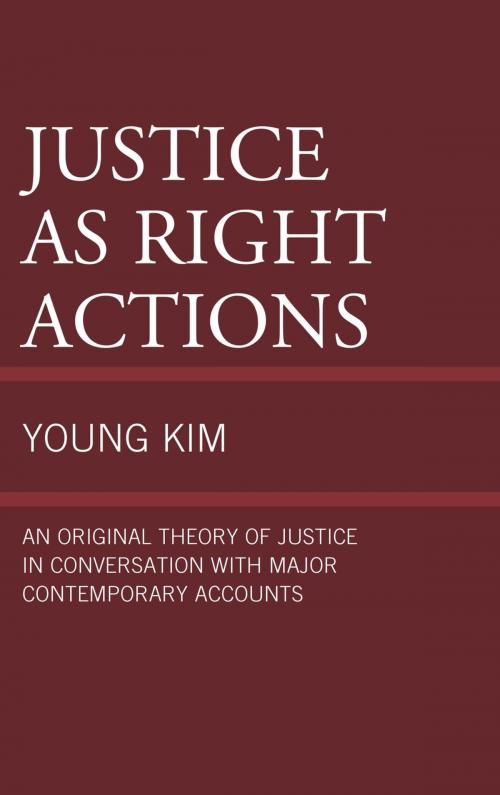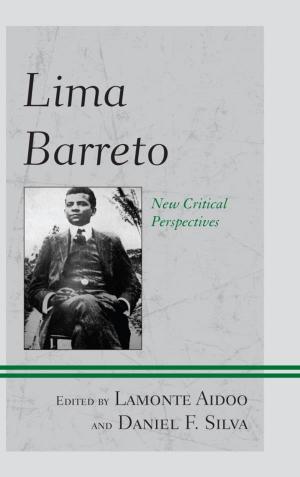Justice as Right Actions
An Original Theory of Justice in Conversation with Major Contemporary Accounts
Nonfiction, Social & Cultural Studies, Political Science, Government, Civics, Politics, History & Theory| Author: | Young S. Kim | ISBN: | 9781498516525 |
| Publisher: | Lexington Books | Publication: | October 8, 2015 |
| Imprint: | Lexington Books | Language: | English |
| Author: | Young S. Kim |
| ISBN: | 9781498516525 |
| Publisher: | Lexington Books |
| Publication: | October 8, 2015 |
| Imprint: | Lexington Books |
| Language: | English |
Justice as Right Actions presents an original theory of justice anchored in the analytical philosophical tradition. In contrast to many contemporary approaches, the theory provides normative guidance, rather than focusing solely on political structures and institutions, as the question of justice is seen to comprise both a moral inquiry concerned with questions of good and bad, right and wrong, and a political inquiry, concerned with the nature of the polity and how individuals relate to it.
Presenting a relational account of justice, rather than a distributive account – the latter, so much more prevalent in current studies – communications are seen as the key to the theory, both in the substantive sense as a discursive method of resolving disputes, as well as instrumentally, in the transmission of concepts, especially values through time.
Rule-oriented in approach, justice as right actions attempts to be value-neutral, acknowledging, however, an underlying thin theory of the good, including concepts of rationality, autonomous moral agency, equal concern and respect for others, as well as plurality of values. Its political context is liberalism, with components of negative liberty and equality of concern and respect, while underscoring as well, the concepts of tolerance and social diversity.
In this study, the original theory of Justice as Right Actions is also contrasted with and situated among contemporary accounts of justice, including the most important theoretical works on the topic in the past half-century. Thus, the study also serves as a valuable review and critique of such major contemporary accounts of justice.
Justice as Right Actions presents an original theory of justice anchored in the analytical philosophical tradition. In contrast to many contemporary approaches, the theory provides normative guidance, rather than focusing solely on political structures and institutions, as the question of justice is seen to comprise both a moral inquiry concerned with questions of good and bad, right and wrong, and a political inquiry, concerned with the nature of the polity and how individuals relate to it.
Presenting a relational account of justice, rather than a distributive account – the latter, so much more prevalent in current studies – communications are seen as the key to the theory, both in the substantive sense as a discursive method of resolving disputes, as well as instrumentally, in the transmission of concepts, especially values through time.
Rule-oriented in approach, justice as right actions attempts to be value-neutral, acknowledging, however, an underlying thin theory of the good, including concepts of rationality, autonomous moral agency, equal concern and respect for others, as well as plurality of values. Its political context is liberalism, with components of negative liberty and equality of concern and respect, while underscoring as well, the concepts of tolerance and social diversity.
In this study, the original theory of Justice as Right Actions is also contrasted with and situated among contemporary accounts of justice, including the most important theoretical works on the topic in the past half-century. Thus, the study also serves as a valuable review and critique of such major contemporary accounts of justice.















